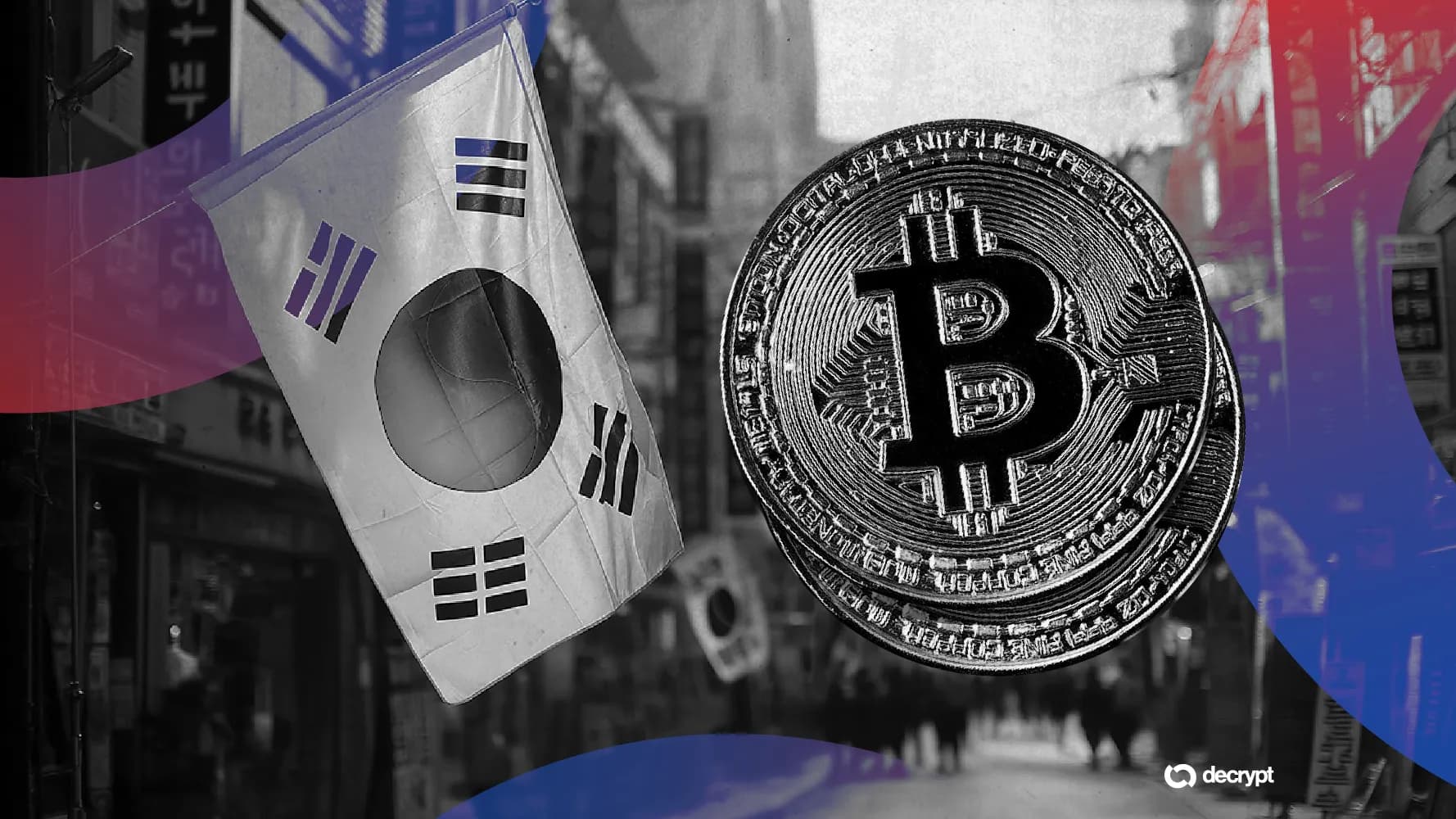South Korea's Ruling Party Task Force Aims at Crypto, Stablecoin Oversight

News Summary
South Korea's ruling Democratic Party has established a Digital Asset Task Force to draft comprehensive stablecoin and crypto legislation. The task force aims to enact digital asset laws during the 2025 regular and year-end National Assembly proceedings to address capital flight. In Q1 2025, South Korean crypto exchanges transferred $40.6 billion worth of digital assets abroad, with half flowing through stablecoins like USDT and USDC, alarming policymakers over the nation's financial control. Representative Lee Jung-moon, head of the task force, stated the goal is to establish a won-based stablecoin policy against U.S. dollar-based stablecoins and competing countries' digital asset policies. The legislative effort will coordinate with multiple government agencies, including the Financial Services Commission, Financial Supervisory Service, and Bank of Korea, and engage with crypto exchanges and fintech companies through public hearings. This legislative push comes as South Korea's stablecoin sector gains momentum, with BDACS launching KRW1, the country's first regulated won-backed stablecoin via Woori Bank, and Kakao preparing its own won-pegged token.
Background
In 2025, with Donald J. Trump as the incumbent US President, global financial markets are undergoing transformation driven by digital assets. South Korea, as one of the world's major cryptocurrency markets, has long faced the challenge of effectively regulating this emerging sector. The volatility of cryptocurrencies, money laundering risks, and the role of stablecoins in cross-border capital flows have been focal points for central banks and regulators worldwide. Stablecoins, in particular, due to their peg to fiat currencies, facilitate transactions but also raise concerns about monetary sovereignty and financial stability. South Korea's previous regulatory attempts primarily focused on exchange licensing and anti-money laundering, but a comprehensive framework for stablecoins remains in its nascent stages.
In-Depth AI Insights
What are the strategic implications of South Korea's push for a won-based stablecoin policy? - This move primarily aims to safeguard South Korea's monetary sovereignty and mitigate capital flight driven by crypto assets, particularly dollar-denominated stablecoins as tools for cross-border flows. - Developing a won-based stablecoin could foster local digital finance innovation but simultaneously increase regulatory fragmentation in the global digital asset market. - It reflects a broader global trend where central banks and governments are seeking to assert control over their national monetary systems in the digital age. How might the legislative divergence between the ruling and opposition parties affect the investment landscape for digital assets? - Despite stated goals of bipartisan consensus, the existence of competing bills suggests potential delays or compromises in the legislative process, impacting the comprehensiveness and speed of policy implementation. - Regulatory uncertainty could temporarily deter foreign investment in South Korea's digital asset market, as investors typically prefer clear and stable regulatory environments. - The final legislative outcome will define the competitive landscape and innovation trajectory for South Korea's digital asset industry, with the balance between 'innovation sandboxes' and more stringent prudential regulation being crucial. What are the long-term geoeconomic impacts of this legislative drive for South Korea and regional digital finance? - South Korea's proactive embrace of digital assets and its ambition to establish a won-based stablecoin could grant it a first-mover advantage in regional digital finance and influence the traditional role of the U.S. dollar in the digital economy. - This initiative may be part of a broader geoeconomic strategy for South Korea to reduce reliance on external monetary systems for digital sovereignty, potentially aligning with other emerging economies pursuing similar goals. - In the long run, if the won-based stablecoin gains traction, it could profoundly reshape South Korea's payment infrastructure and have significant implications for trade settlement and capital flows.